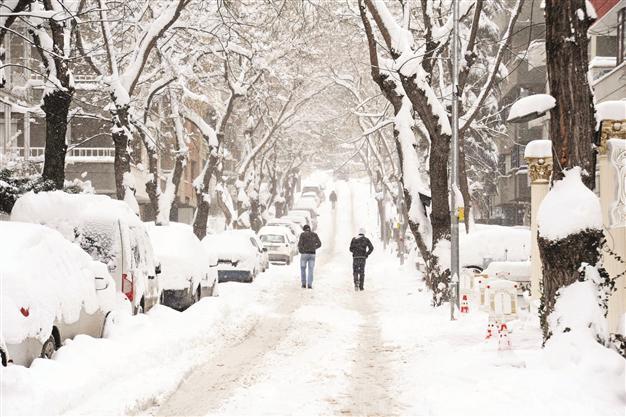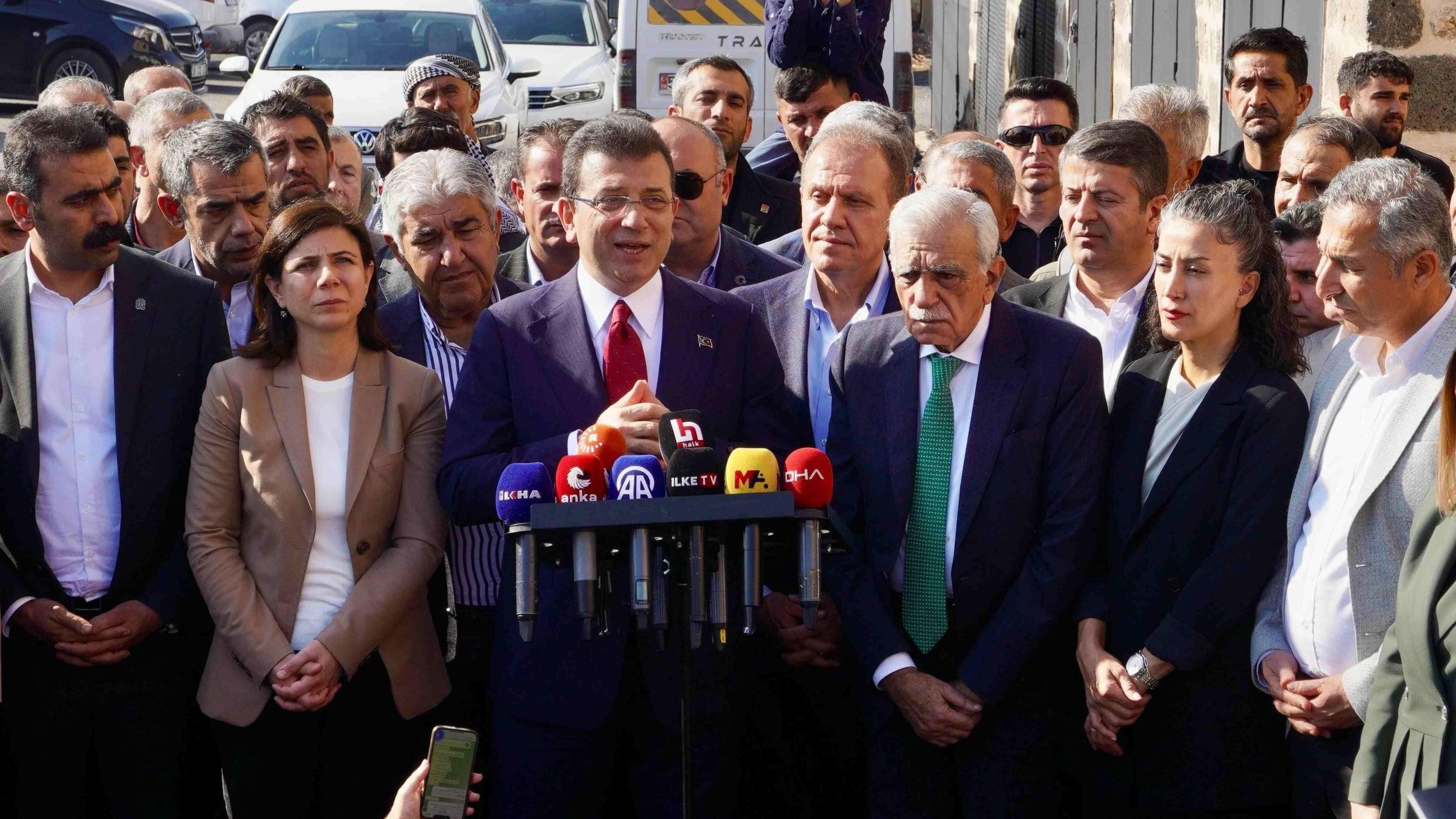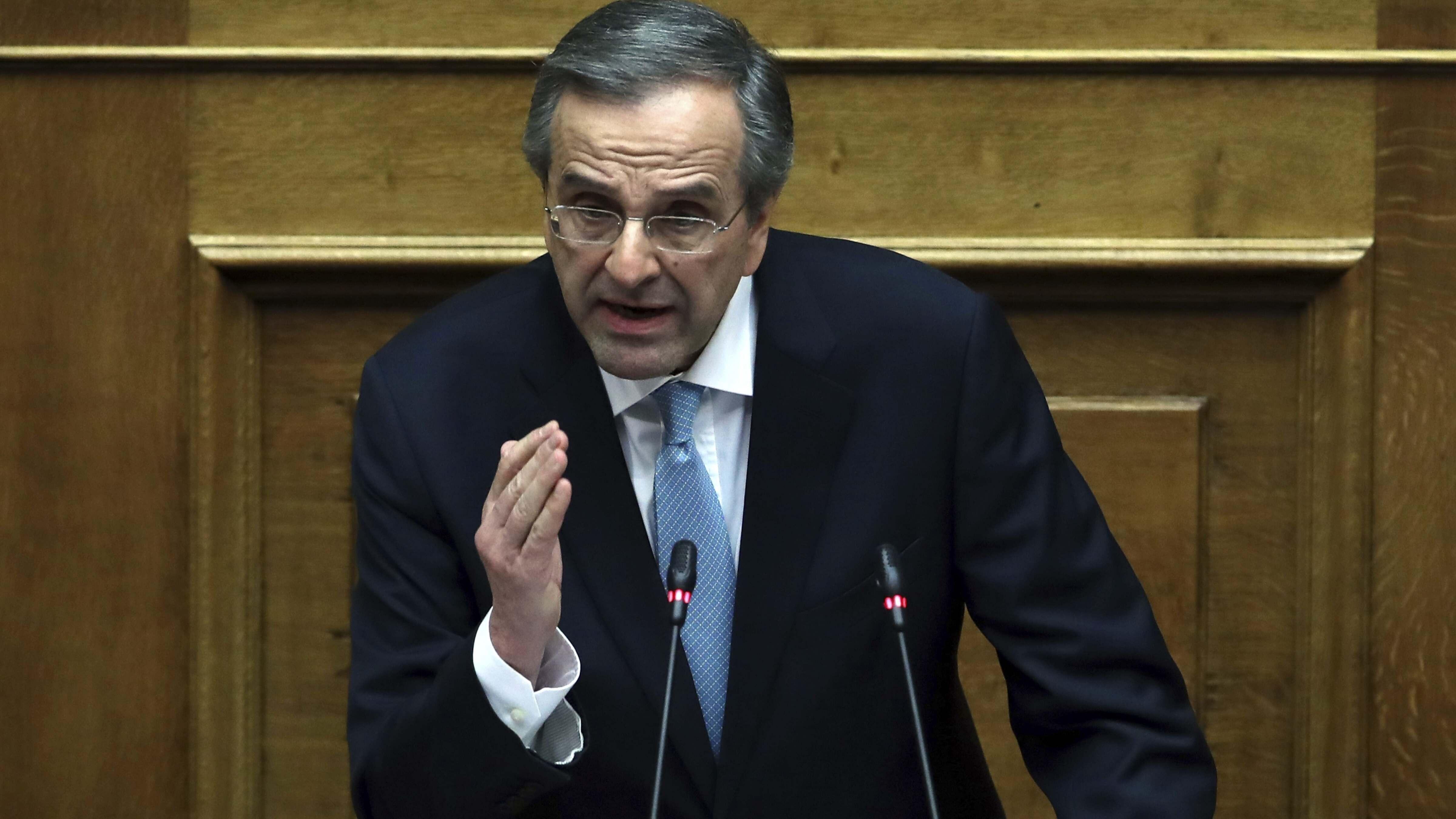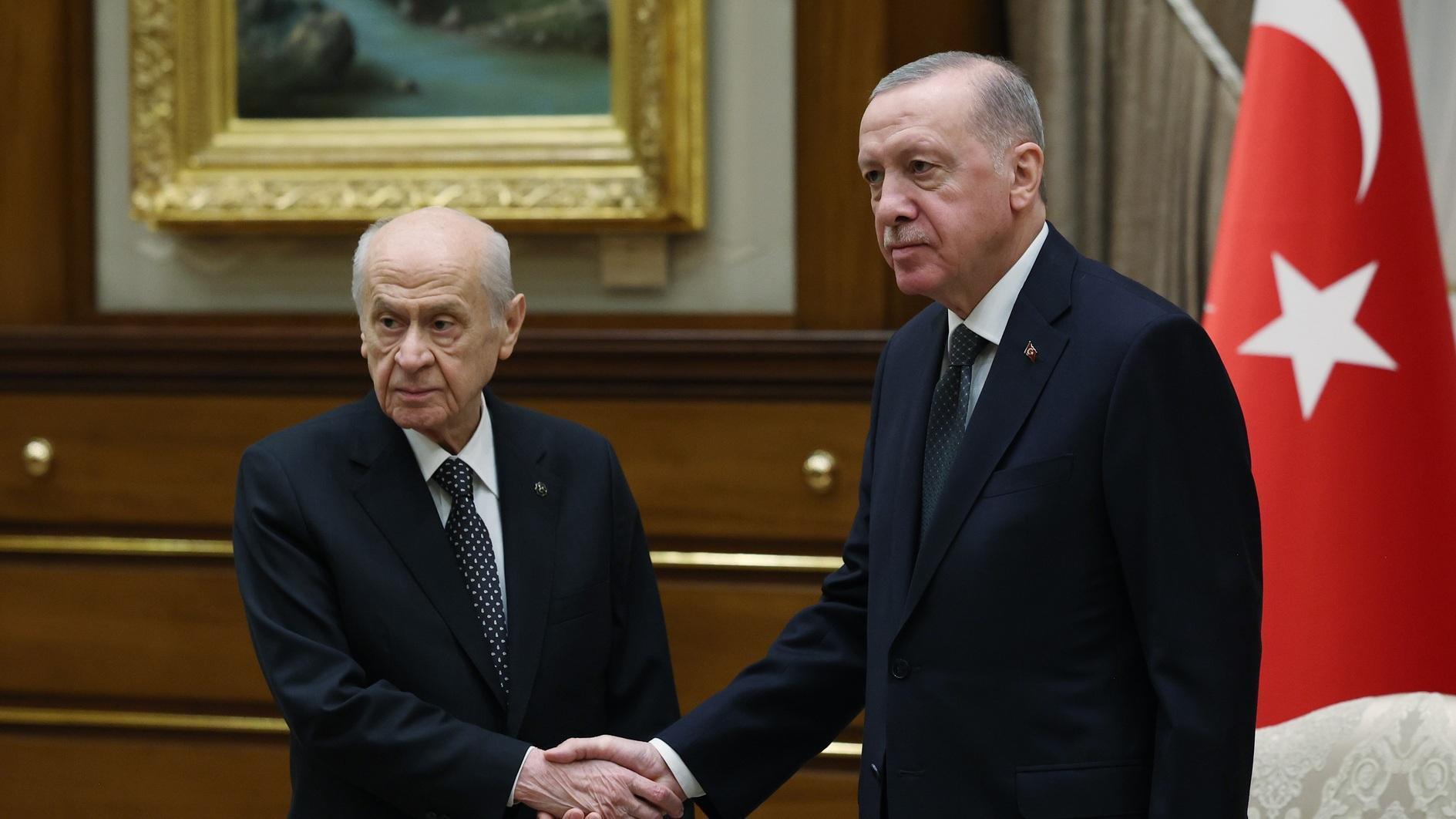Tender for large gas grid nears amid Tehran claims
ISTANBUL - Hürriyet Daily News

DAILY NEWS photo, Selahattin SÖNMEZ
The tender for Turkey’s second largest natural gas grid, Başkent Doğalgaz, will be held on Jan. 18, with a Turkish daily quoting sources saying that Iran’s state-run NIGC is interested in the issue.The Privatization Administration has been conducting final discussions with local and foreign potential buyers. Around 10 companies are expected to propose an offer, with some preferring to participate as consortia. Sources have hinted that there are Chinese and Spanish firms among the interested parties.
Claims over Iran’s NIGC
The authorities have denied claims from daily Zaman that NIGC has taken the tender documents and is interested in the tender, denying that there had been any contact with NIGC or any other Iranian company. They did, however, say that there may be an Iranian firm within one of the bidding consortia, daily Hürriyet reported yesterday.
Sabancı, Akfen, Genpa, Zorlu, Limak and Eksim are among the companies named as potential participants, but last-minute surprises are anticipated.
Turkey’s gas trade with Iran last year irked the U.S. officials, who increase the pressure on the Islamic Republic in a bid to stop its allegedly military nuclear program.
After three unsuccessful tender attempts, a number of regulations to enhance the allure of Başkent Doğalgaz have been passed. The main concern for companies had been the 20 percent stake of the grid held by the Ankara Metropolitan Municipality. The municipality’s share was not included in the tender but, through a regulation, the tender has been expanded to cover 100 percent of the shares in order to relieve companies.
Sector representatives are hopeful that such changes will mean that the tender will this time be successful this time, according to sector representatives. Up until today, $207.6 million tender guarantee have been wasted in Başkent Doğalgaz tenders. In the first process, Global Investment couldn’t pay its offer, $1.6 billion, wasting the $50 million guarantee, while the controversial Karamehmet-Kazancı partnership failed to pay the $1.2 billion contract price, which sent a total assurance of $107.6 million down the drain.
















